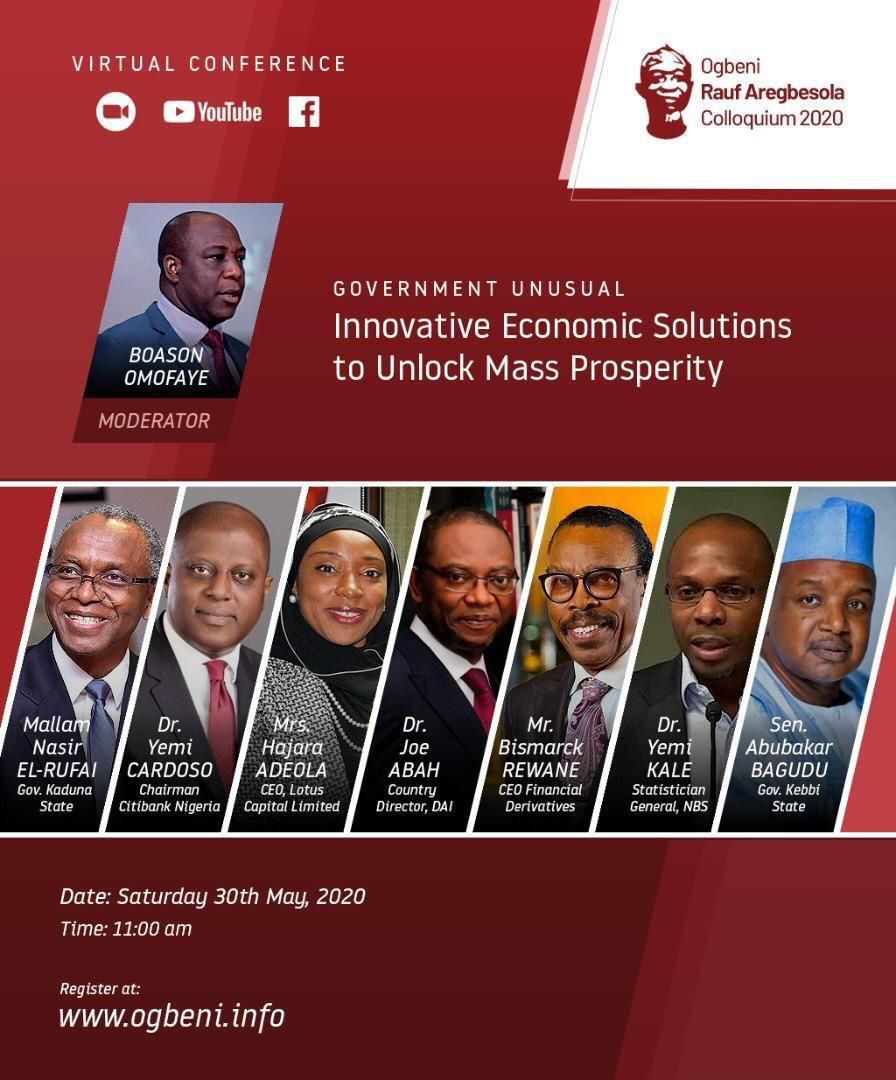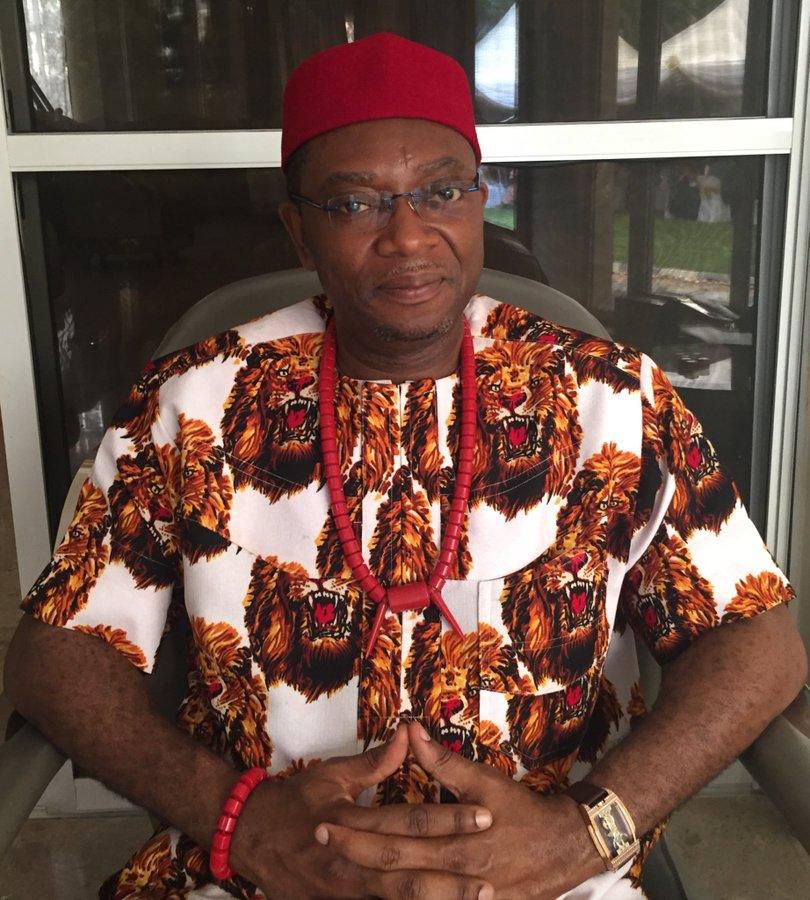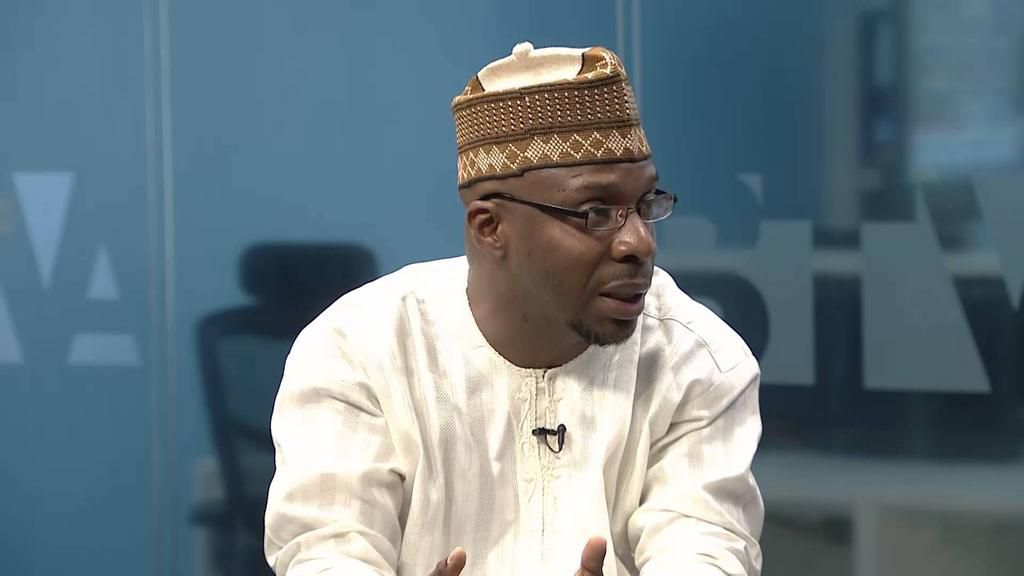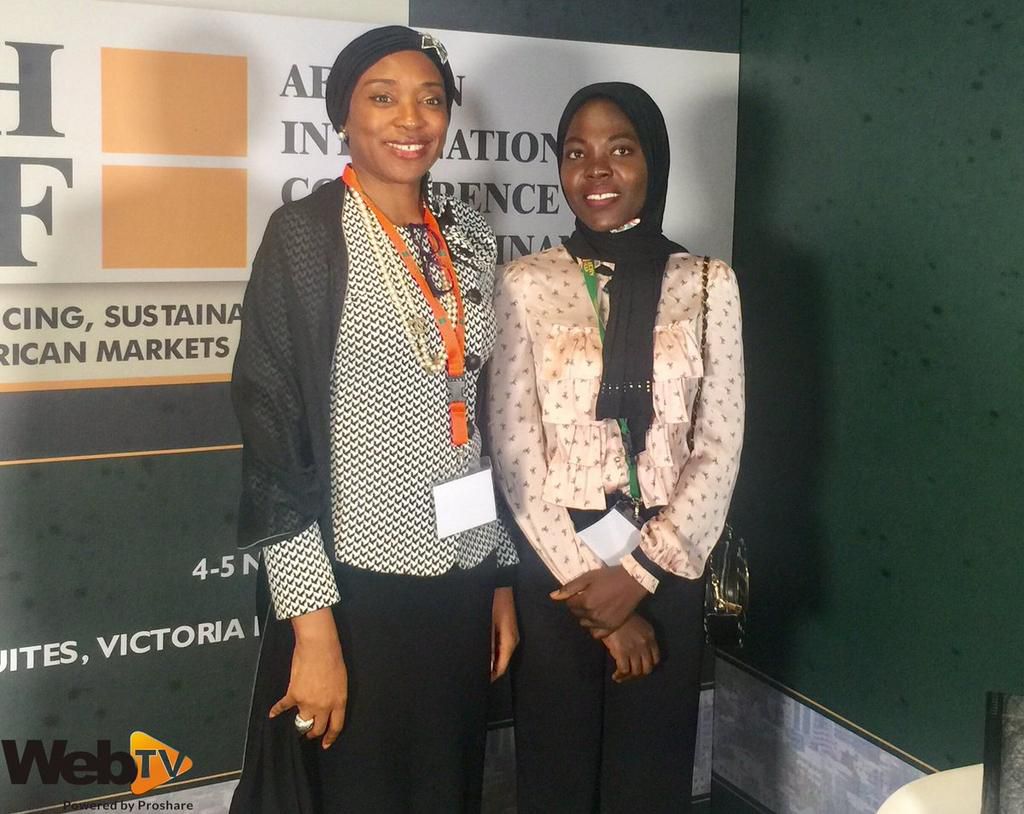How Nigeria can become a rich nation, by experts
)
Federal and sub-national governments in Nigeria can successfully reduce unemployment numbers and take millions out of poverty if they improve the productive capacity of every citizen, according to panelists at the Ogbeni Rauf Aregbesola Colloquium.
The virtual conference which held on Saturday, May 30, 2020 revolved around the theme: ‘Government Unusual: Innovative Economic Solutions to Unlock Mass Prosperity.’
The panelists were drawn from the public and private sectors and included Kaduna State Governor Mallam Nasir El-Rufai, Chairman of Citibank Nigeria Yemi Cardoso and CEO of Lotus Capital Ltd Hajara Adeola.
Others were Country Director of DA Joe Abah, CEO of Financial Derivatives Bismarck Rewane, Statistician General of the Federation Yemi Kale and Kebbi State Governor Abubakar Bagudu.
The two-hour long discussion was moderated by Boason Omofaye.

“The main difference between rich and poor countries is productive capacity. Richer countries simply produce more,” said Abah who is also a development economist.
“Without high productive capacity, you will not have the means to improve health, education, infrastructure, per capita income and social welfare.”
Abah spoke on the topic: ‘Unlocking mass prosperity through better governance.’
“There is a need to raise productive capacity by raising GDP per capita and GDP per worker,” Abah added.

He listed the factors that affect productive capacity as size of workforce, output per worker, access to capital, raw materials and access to land, entrepreneurship, technology and innovation, law (order and security), corruption, political stability and taxation policy.
Abah also said Nigeria has to reduce the cost of governance by restructuring the federation, improving efficiency through technology and summoning the courage to implement the Oronsaye Report.
Kale, who heads the National Bureau of Statistics (NBS), drew his presentation from the latest data from the statistics office.
According to Kale, 40.1% of Nigerians now live below the poverty line.
“Poverty is a clear factor of industrialization (productivity) and population, regional disparities notwithstanding.
“Nigeria remains Africa’s largest economy, but per capita income is rather low for a country of this size, and the level of poverty presents a major development challenge,” Kale said.

He added that recently released poverty data from his organisation “reveals policy-relevant insights to inform interventions aimed at resolving the poverty situation in the country, particularly at sub-national level.”
To deal with poverty at the state level, Kale advised governors to address unemployment, increase formalization of the informal sector and design appropriate tax systems to extract revenue from economic activities.
He also said “the contribution of education and family size to poverty reduction represents an important opportunity for policymakers to fast-track poverty reduction.”
In her presentation, Adeola said the novel coronavirus (COVID-19) pandemic has exposed the poor state of Nigeria’s infrastructure.
To address Nigeria’s infrastructure deficit and improve productivity which is tied to infrastructure, Adeola said federal and state governments have to mobilize capital through innovative funding financial instruments like Sukuk Bonds.
“At Lotus, we have demonstrated that Sukuk can be applied to critical sectors in Nigeria like construction of schools and roads. Sukuk is already helping to bridge the infrastructure gap.

“Asides the state government of Osun, the federal government has raised ₦200billion through Sukuk.
“The Osun Sukuk was oversubscribed by 14%, the first federal government Sukuk by 5.8% and the second by 32%. The federal government is currently raising up to N150 billion in Sukuk,” she said.
She also called “for a national project to stimulate mass employment and economic activity; and the active inclusion of women in the nation’s economic agenda.
"It’s time to focus on girl child education and you will see what will happen when we do that.”

)
)
)
)
)
)
)
)
)
)
)
)
)